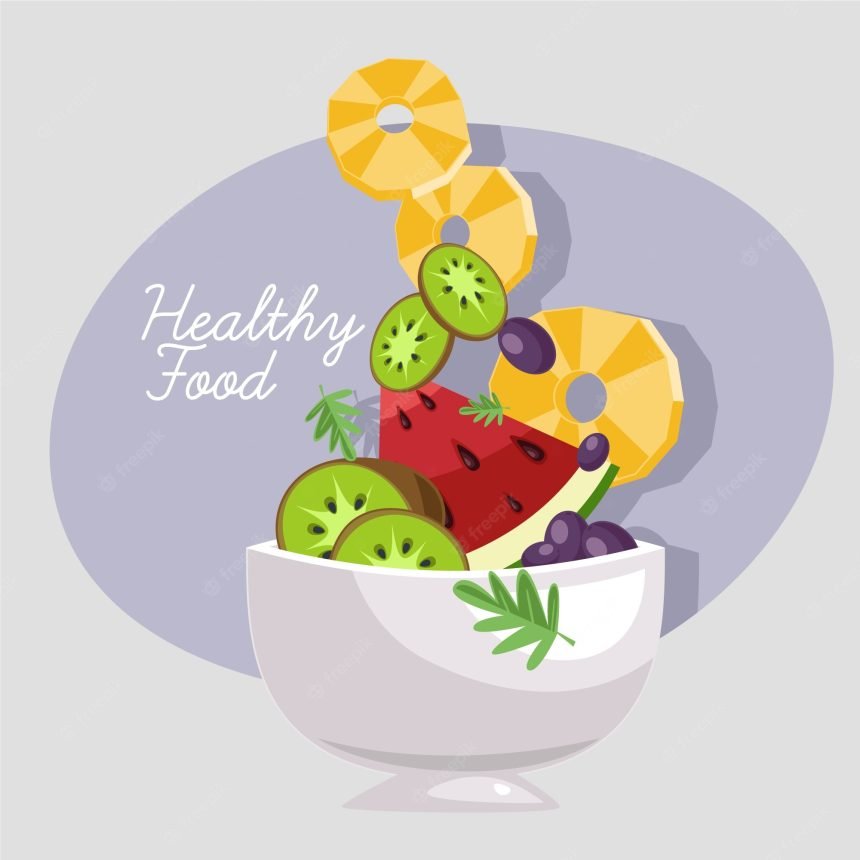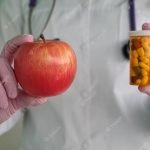
Steven Johnson Syndrome (SJS) is a rare but severe skin reaction that can cause blisters, rash, and peeling of the skin. It is often caused by an allergic reaction to medication or infection. The recovery process from SJS can be long and challenging, and one of the key factors in the recovery process is proper nutrition. In this article, we will discuss dietary considerations for Steven Johnson Syndrome recovery.
Hydration
One of the most critical considerations during SJS recovery is hydration. SJS can cause severe dehydration due to the loss of fluids from the skin. Therefore, it is crucial to ensure that the patient is drinking plenty of fluids to replace those lost. Water, coconut water, and sports drinks are good options for maintaining hydration.
High-calorie, high-protein diet
SJS can cause significant weight loss and malnutrition. Therefore, it is essential to ensure that the patient is consuming a high-calorie, high-protein diet. This diet will help to rebuild lost muscle and tissue and promote healing. High-protein foods include lean meats, fish, eggs, and dairy products, while high-calorie foods include nuts, seeds, avocados, and healthy oils.
Vitamin and mineral supplements
SJS can cause nutrient deficiencies, so it is important to ensure that the patient is receiving enough vitamins and minerals. Supplements can help to fill in any gaps in the patient’s diet and promote healing. Some vitamins and minerals that may be beneficial during SJS recovery include vitamin C, vitamin D, zinc, and iron.
Soft, easy-to-digest foods
SJS can make it difficult to eat due to painful mouth sores and difficulty swallowing. Therefore, it is crucial to consume soft, easy-to-digest foods. These foods can include soups, mashed potatoes, yogurt, and smoothies.
Avoid spicy, acidic, and crunchy foods
During SJS recovery, it is essential to avoid spicy, acidic, and crunchy foods, as they can irritate the mouth and throat and exacerbate symptoms. Examples of these types of foods include citrus fruits, tomatoes, hot peppers, chips, and nuts.
Eat smaller, more frequent meals
Eating smaller, more frequent meals throughout the day can help to reduce the workload on the digestive system and make it easier to consume enough calories and nutrients. It can also help to reduce nausea and vomiting, which can be common during SJS recovery.
Work with a registered dietitian
Working with a registered dietitian can be an excellent way to ensure that the patient is receiving the proper nutrition during SJS recovery. A dietitian can create a personalized nutrition plan that takes into account the patient’s specific needs and preferences.
In conclusion
Proper nutrition is essential during Steven Johnson Syndrome recovery. A diet that is high in calories, protein, and nutrients, while avoiding spicy, acidic, and crunchy foods, can help to promote healing and reduce symptoms. It is important to work with a registered dietitian to ensure that the patient is receiving the best possible nutrition during recovery.







